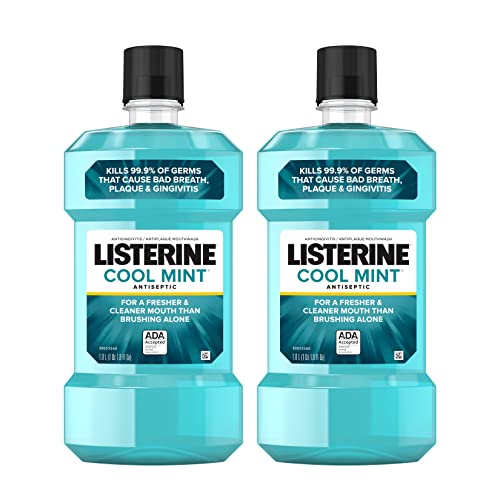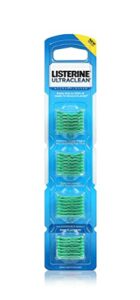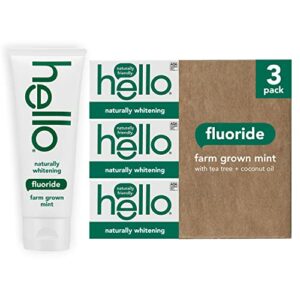In this step-by-step guide, we will provide you with valuable information on how to prevent gingivitis, a common gum disease that affects many people. We understand that dealing with gingivitis can be uncomfortable and concerning, so we aim to provide you with empathy and support throughout this guide. Our purpose is to empower you with effective techniques and strategies to take care of your oral health and prevent the progression of gingivitis. By following these steps, we hope to help you maintain a healthy and vibrant smile.
Effective Solutions for Gingivitis Relief
Maintain a consistent oral hygiene routine
To maintain a consistent oral hygiene routine, it is important to follow these simple steps:
- Brush your teeth at least twice a day using a soft-bristled toothbrush and fluoride toothpaste. Start by placing the toothbrush at a 45-degree angle against your gums and gently move it back and forth in short strokes. Don’t forget to brush the inner and outer surfaces of your teeth, as well as your tongue and the roof of your mouth.
- Floss once a day to remove plaque and food particles from between your teeth. Take about 18 inches of dental floss and wrap the ends around your middle fingers, leaving about 2 inches of floss in between. Gently glide the floss between your teeth, using a zigzag motion. Be sure to reach all the way down to the gum line and curve the floss around each tooth to ensure thorough cleaning.
By incorporating these practices into your daily routine, you can help prevent tooth decay, gum disease, and maintain a healthy smile. Remember, consistency is key when it comes to oral hygiene!
Use an antibacterial mouthwash
Rinse your mouth with an antibacterial mouthwash after brushing and flossing. This step is crucial to maintaining good oral hygiene as it helps kill bacteria and reduce plaque buildup. Simply pour a small amount of the mouthwash into a cup, swish it around your mouth for about 30 seconds, and then spit it out. Make sure to follow the instructions on the bottle for the recommended usage.
Eat a balanced diet
To ensure healthy gums, it is important to include a variety of fruits and vegetables in your diet. These foods provide essential nutrients, such as vitamin C and antioxidants, which promote gum health. For example, add sliced strawberries or oranges to your breakfast cereal or yogurt, have a mixed salad with spinach, carrots, and tomatoes for lunch, and snack on crunchy apples or celery sticks throughout the day.
On the other hand, it is crucial to limit your intake of sugary and acidic foods and drinks, as they can contribute to gum inflammation. Avoid consuming excessive amounts of soda, candy, and sugary snacks. Instead, opt for healthier alternatives like water, herbal tea, or unsweetened beverages. If you do indulge in a sweet treat, remember to rinse your mouth with water afterwards to minimize the impact on your gums.
By following these simple guidelines and incorporating plenty of fruits and vegetables into your diet, you can help maintain healthy gums and support overall oral health.
Avoid tobacco products
Smoking and using other tobacco products are known to elevate the chances of developing gingivitis, a common gum disease. To prevent this condition, we strongly urge you to quit smoking or avoid any form of tobacco consumption. By taking this step, you can significantly reduce your risk of gingivitis and maintain good oral health.
Visit your dentist regularly
Schedule regular dental check-ups and cleanings to stay on top of your oral health. These appointments allow your dentist to thoroughly examine your teeth and gums, detecting any early signs of gum disease or other dental issues. Additionally, they can provide personalized advice on maintaining good oral hygiene practices, such as brushing and flossing techniques tailored to your specific needs. For example, make it a habit to visit your dentist every six months for a comprehensive examination and cleaning. This will ensure that any potential problems are caught early, preventing further complications down the line.
Consider using an electric toothbrush
Consider using an electric toothbrush for more effective plaque removal and reduced gingivitis. Consult your dentist to determine if an electric toothbrush is suitable for you. Use the following steps to get started:
- Research and choose an electric toothbrush that fits your needs and budget.
- Read the manufacturer’s instructions carefully before using the electric toothbrush.
- Apply toothpaste to the brush head.
- Turn on the electric toothbrush and place the brush head against your teeth and gums.
- Move the brush head in a circular motion, covering all surfaces of your teeth.
- Spend at least two minutes brushing your teeth, dividing your mouth into quadrants for equal coverage.
- Ensure that you reach all areas, including the front, back, and chewing surfaces of your teeth.
- After brushing, rinse your mouth thoroughly with water.
- Clean the brush head and handle according to the manufacturer’s instructions.
- Replace the brush head as recommended by the manufacturer, usually every three to four months.
Remember to visit your dentist regularly for check-ups and professional cleanings, regardless of the type of toothbrush you use.
Manage stress levels
Stress can have a negative impact on both our mental and physical health. One of the ways it can affect our bodies is by weakening our immune system, making us more vulnerable to gum disease. To manage stress levels effectively, we recommend incorporating stress management techniques into your daily routine. Here are some simple steps you can take:
- Exercise: Engaging in regular physical activity can help reduce stress levels. Aim for at least 30 minutes of exercise each day, whether it’s going for a brisk walk, practicing yoga, or participating in your favorite sport.
- Meditation: Take a few moments each day to sit quietly and focus on your breath. Meditation can help relax your mind, reduce stress, and promote a sense of calm. Experiment with different techniques, such as guided meditations or mindfulness exercises, to find what works best for you.
- Professional support: Sometimes, managing stress on our own can be challenging. If you feel overwhelmed, don’t hesitate to reach out to a mental health professional. They can provide guidance, support, and help you develop coping strategies specific to your needs.
Remember, managing stress is an ongoing process, so be patient with yourself. By incorporating these stress management techniques into your daily life, you can take proactive steps towards maintaining your overall well-being.
Ensure proper hydration
Drinking plenty of water is crucial for maintaining proper hydration. It not only replenishes the fluids lost through sweating and other bodily functions but also has a positive impact on our oral health. When we drink enough water, our mouth stays moist, which helps promote saliva production. Saliva plays a vital role in preventing the buildup of bacteria, protecting our teeth and gums from potential infections. Therefore, make sure to drink an adequate amount of water throughout the day to keep your mouth healthy and prevent bacteria buildup.
Avoid teeth grinding and clenching
- Wear a mouthguard at night to protect your teeth and gums if you grind your teeth.
- Consult with a dentist to get a custom-fitted mouthguard for the best protection.
- Avoid chewing on non-food items like pens or fingernails, as it can contribute to teeth grinding.
- Practice stress management techniques, such as deep breathing or meditation, to help reduce teeth clenching.
- Avoid consuming excessive caffeine or alcohol, as they can exacerbate teeth grinding.
- Maintain good oral hygiene by brushing and flossing regularly to minimize the risk of gum problems associated with bruxism.
Be aware of medication side effects
Pay attention to the potential side effects of certain medications, like antihistamines and antidepressants. These drugs can lead to dry mouth, which in turn increases the likelihood of developing gingivitis. Should you observe any changes in your oral health while taking medication, it is crucial to seek advice from your doctor or dentist.
Taking care of your oral health
In conclusion, we have explored the essential steps to prevent gingivitis and maintain healthy gums. We have emphasized the significance of maintaining a consistent oral hygiene routine, including brushing twice a day, flossing daily, and using mouthwash. Regular visits to the dentist for professional cleanings and check-ups are crucial in detecting and addressing any early signs of gingivitis. Additionally, making lifestyle choices such as avoiding tobacco products, eating a balanced diet, and managing stress can contribute to good gum health. By following these guidelines, we can protect our gums and prevent the onset of gingivitis. Let’s prioritize our oral health and maintain a beautiful smile for years to come.
Essential Supplies
Expert Advice
Step-by-Step Guide to Using Gingivitis Treatments
- First, it’s important to maintain a good oral hygiene routine, which includes brushing your teeth at least twice a day with a soft-bristled toothbrush and fluoride toothpaste. Make sure to gently brush along the gumline to remove plaque and bacteria that can cause gingivitis
- Flossing daily is also crucial in preventing and treating gingivitis. Use dental floss or interdental cleaners to clean between your teeth and along the gumline, removing any plaque or food particles that brushing alone cannot reach
- Consider using an antiseptic mouthwash or rinse that is specifically designed to help prevent gingivitis. These products can help kill bacteria in the mouth and reduce plaque buildup. However, it’s important to follow the instructions on the label and not to substitute mouthwash for brushing and flossing
- Regular dental check-ups and professional cleanings are essential for maintaining healthy gums and treating gingivitis. Dentists can identify and address any signs of gum disease early on, as well as provide more specialized treatments if necessary
- Lastly, it’s important to make lifestyle changes to support your oral health. Avoid smoking or using tobacco products, as they can worsen gingivitis. Maintain a balanced diet that is rich in fruits and vegetables, as they can help strengthen your immune system and fight off gum infections
- Remember, while these tips can be helpful for beginners in managing gingivitis, it’s always best to consult with a dental professional for a personalized treatment plan based on your specific needs


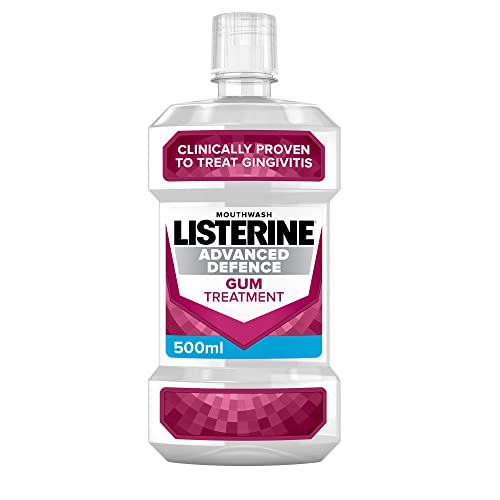


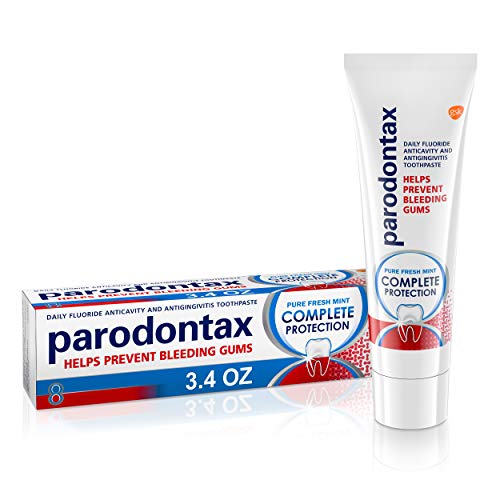
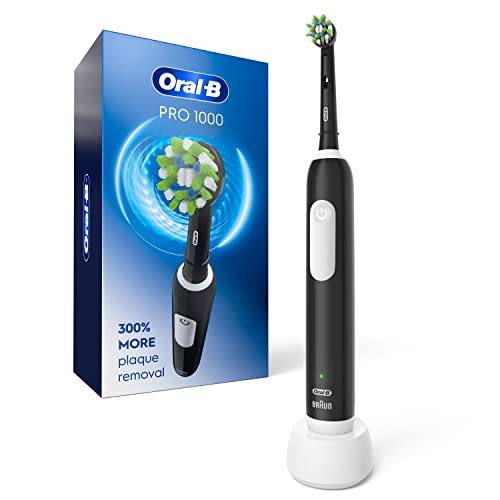
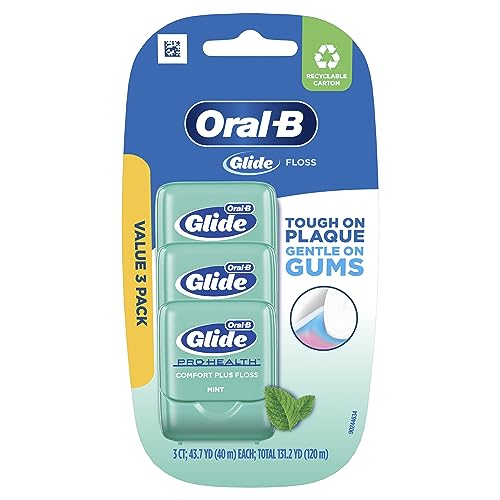



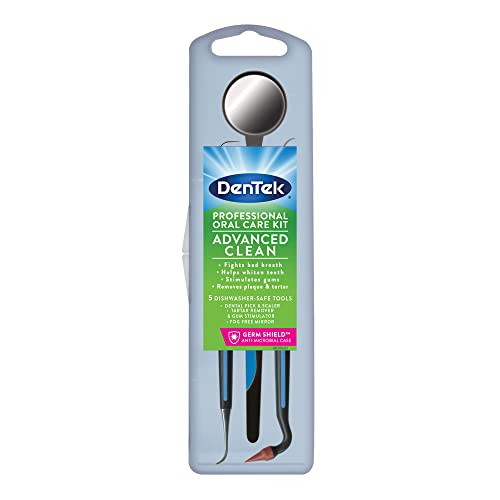
![How to Prevent Gingivitis 11 NatureWise Oral Health Chewable Probiotics | Supports Healthy Teeth, Gums, & Better Breath | Ear, Nose, Throat Immunity for Kids & Adults | Sugar-Free Natural Mint Flavor [2 Month Supply - 50 Tablets]](https://m.media-amazon.com/images/I/41vQGzhKsFL.jpg)


